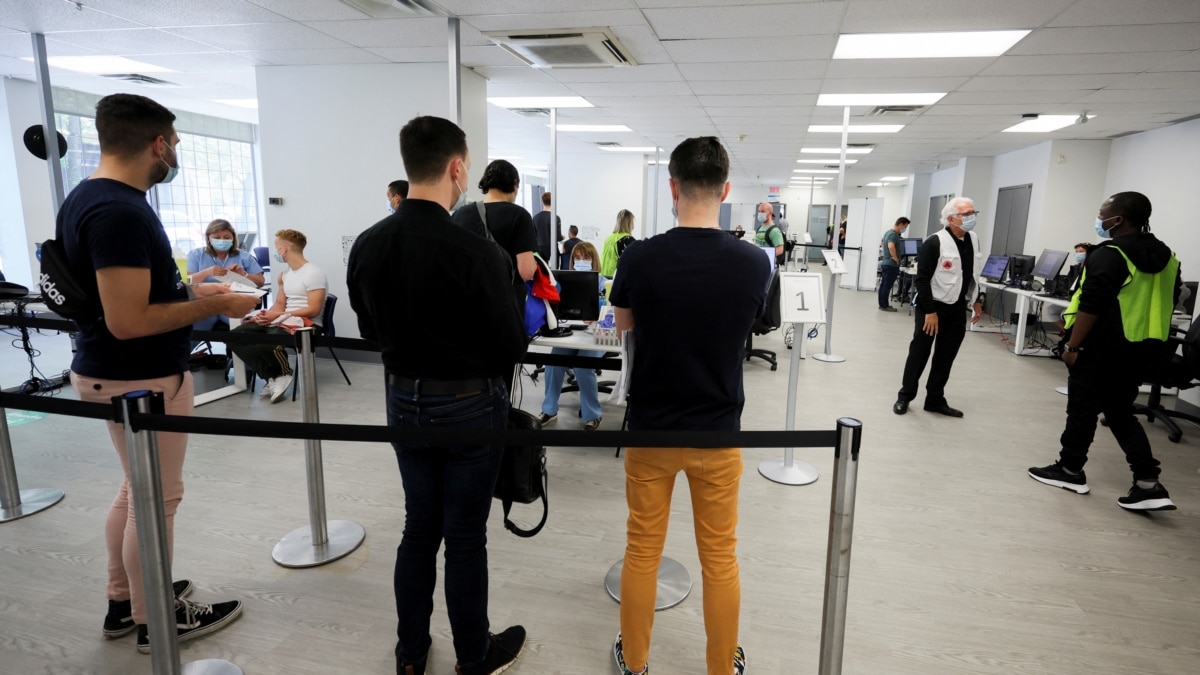who Independent Committee of Experts We are worried about the spread of monkeypox in many countries around the world, but say it does not constitute what WHO calls an internationally concerned public health emergency.
In early May, the World Health Organization was warned of the outbreak of monkeypox in countries other than Africa, where this deadly disease has been endemic for decades. Since then, more than 3,200 confirmed cases and one death have been reported in more than 50 countries outside Africa. So far, only sporadic cases of monkeypox have occurred outside Africa, so the alarm has sounded.
WHO Secretary-General Tedros Adhanom Ghebreyesus calls the current outbreak the evolution of a health threat and points out that the disease is spreading rapidly in new countries and regions. He says the Commission has agreed to resume another emergency meeting if appropriate.
WHO spokesman Christian Lindmeier told VOA that the Commission has created a list of factors that could trigger a reassessment of the event.
“Evidence of an increase in the rate of increase in cases reported over the next 21 days. This includes significant spread to and in additional countries. There is also an increase in endemic countries. Therefore, there is also evidence of increased or altered severity of the viral genome associated with, or linked to, the end of infectious disease. “
Monkeypox is a rare disease similar to smallpox. The virus causes symptoms like a rash or the flu. It is mainly spread by human contact with infected rodents, but it can also be spread by skin-to-skin contact with infected people.
The disease is mainly found in Central and West Africa. This year, WHO reports about 1,500 suspected monkeypox cases and about 70 deaths, mainly in the Democratic Republic of the Congo, the Central African Republic, and Cameroon.
Lindmeier says monkeypox cases have spread to Europe, the Americas, and the Eastern Mediterranean and Western Pacific regions.
“At this point, it is the new countries that are affecting the communities of the LGBTQ-Plus community of men, who mainly have sex with men. However, in endemic countries, children and women are infected, with weak communities and weak populations. You can also see them die, “he said.
Questions about the outbreak of monkeypox remain unresolved, but WHO urges countries to stay vigilant and strengthen their ability to prevent the transmission of the disease.
The WHO Expert Committee advises countries to strengthen surveillance, improve diagnosis and use treatments and vaccines where appropriate. We also encourage affected communities to implement public health measures such as contact tracing and quarantine.




